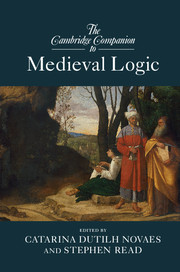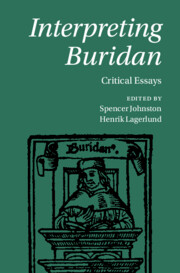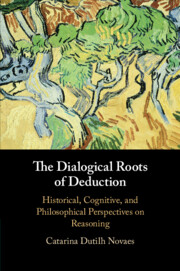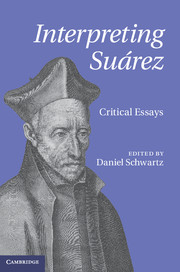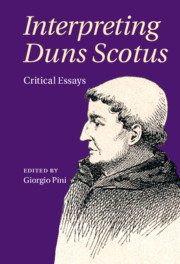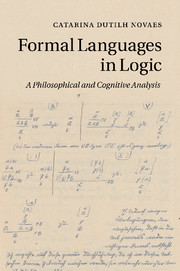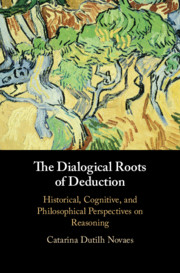The Cambridge Companion to Medieval Logic
This volume, the first dedicated and comprehensive companion to medieval logic, covers both the Latin and the Arabic traditions, and shows that they were in fact sister traditions, which both arose against the background of a Hellenistic heritage and which influenced one another over the centuries. A series of chapters by both established and younger scholars covers the whole period including early and late developments, and offers new insights into this extremely rich period in the history of logic. The volume is divided into two parts, 'Periods and Traditions' and 'Themes', allowing readers to engage with the subject from both historical and more systematic perspectives. It will be a must-read for students and scholars of medieval philosophy, the history of logic, and the history of ideas.
- Features an excellent and international contributor team of established and younger scholars
- Divided into 'periods and traditions' and 'themes' to cater for both those with predominantly historical and those with more systematic interests
- Gives substantial attention to the Arabic as well as the Latin tradition of medieval logic
Product details
No date availableHardback
9781107062313
464 pages
238 × 154 × 27 mm
0.75kg
9 tables
Table of Contents
- List of contributors
- Introduction Catarina Dutilh Novaes and Stephen Read
- Part I. Periods and Traditions:
- 1. The legacy of ancient logic in the Middle Ages Julie Brumberg-Chaumont
- 2. Arabic logic up to Avicenna Ahmad Hasnawi and Wilfrid Hodges
- 3. Arabic logic after Avicenna Khaled El-Rouayheb
- 4. Latin period up to 1200 Ian Wilks
- 5. Logic in the Latin thirteenth century Sara L. Uckelman and Henrik Lagerlund
- 6. Logic in the Latin West in the fourteenth century Stephen Read
- 7. The post-medieval period E. Jennifer Ashworth
- Part II. Themes:
- 8. Logica vetus Margaret Cameron
- 9. Supposition and properties of terms Christoph Kann
- 10. Propositions: their meaning and truth Laurent Cesalli
- 11. Sophisms and insolubles Mikko Yrjönsuuri and Elizabeth Coppock
- 12. The syllogism and its transformations Paul Thom
- 13. Consequence Gyula Klima
- 14. The logic of modality Riccardo Strobino and Paul Thom
- 15. Obligationes Catarina Dutilh Novaes and Sara L. Uckelman
- Bibliography
- Index.

